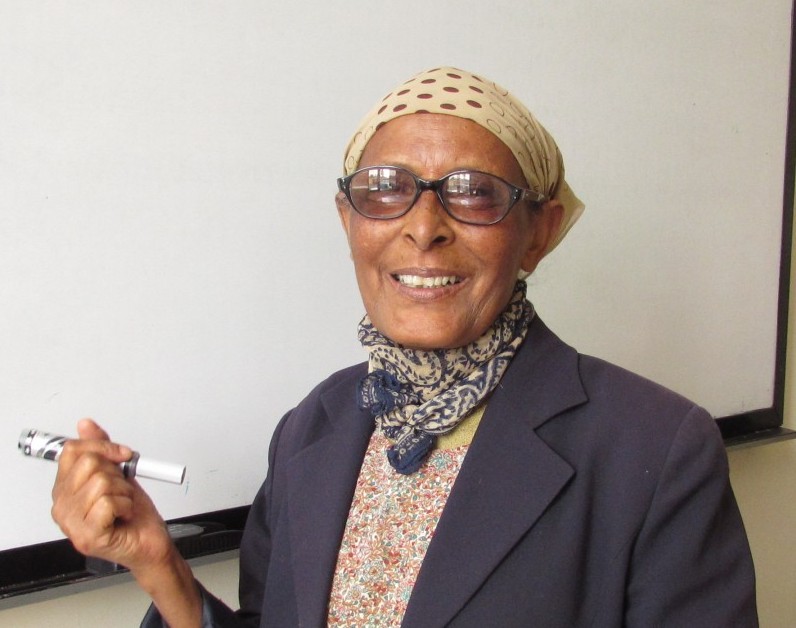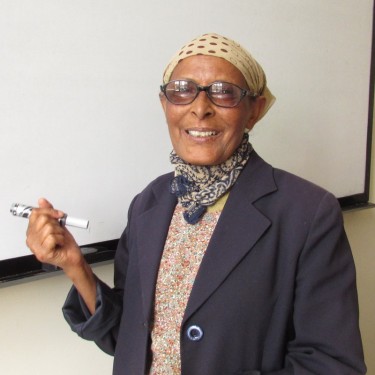
 One of our favorite language teachers is a tiny, delightful lady whose smile rests easily on a face that seems to overflow with wisdom, love, and inner strength.
One of our favorite language teachers is a tiny, delightful lady whose smile rests easily on a face that seems to overflow with wisdom, love, and inner strength.
One day in class she gave us listening practice by sharing her story about what happened in 1974 when the communists took over in this country. A young mother of two toddlers at the time, one day her husband left to go to work at the school where he taught, and didn’t come home. Three months later he was miraculously released from prison, barely alive after intense pain and near starvation. Exhausted, discouraged, penniless, and jobless, the young couple was nevertheless profoundly impacted by his experience in seeing the Holy Spirit at work during his time in prison and afterwards in their church. In the long season of “Red Terror” that followed, they witnessed the death of family members, neighborhood friends, and countless others that they knew and loved. But their faith and dedication to God and His people grew immensely.
“How?” I asked her. “How did your faith grow instead of fall apart during this horrific time?” The reason? It was crystal clear who the enemy was – an enemy that was not “flesh and blood” – and that they were in the midst of a fierce battle against that enemy. These things were devastating, and there were times when her prayers were filled with agony. But she never questioned that God was there, because she saw evidence of his work all around her in spite of the horror. “Many people think that the purpose of life is to relax and have fun. If that were true, then yes, these things would make us give up hope. But our lives are meant to be lived for God, not for ourselves. When God allowed my husband to live back then, I knew it must be because He had more for him to do here on earth. God told us that in this world we would have a lot of trouble. So it shouldn’t be a surprise. But we have hope because we know that whenever our time comes, God has an even better life prepared for us in heaven.”
Eventually we talked about the fall of communism in the early 1990s and the many changes that have taken place in the last several decades since she was a little girl. “There are many good things now,” she said, “but still there is so much poverty, and food is so expensive.” In a country where $5/day is considered a good wage that many people can only wish for, not having enough to eat is a common experience – an experience that she has known herself all too well. “Now, though, inne habtam. I am rich,” she smiled. “I have a house, I have water, I have food. Now I am one of the rich ones.”
I had never thought of her as rich – and she certainly isn’t rich by western standards. But with food in her stomach, a place to lay her head at night, lots of wonderful memories along with the bad ones, and a heart that seems to burst with the peace of God, yes, she is rich. As rich as one could ever be this side of heaven.